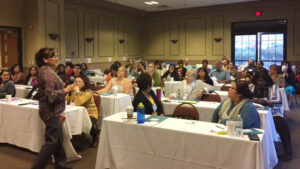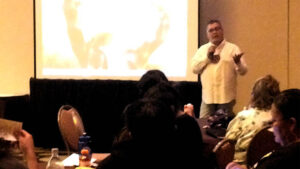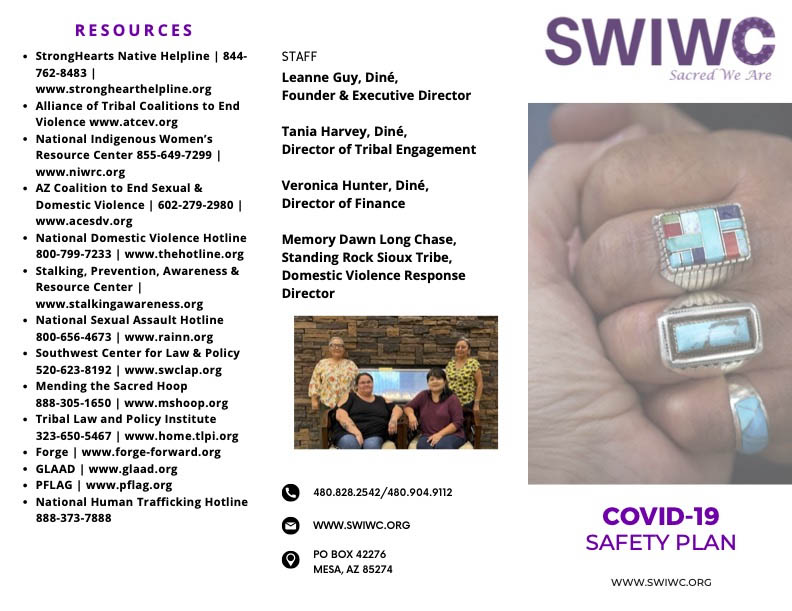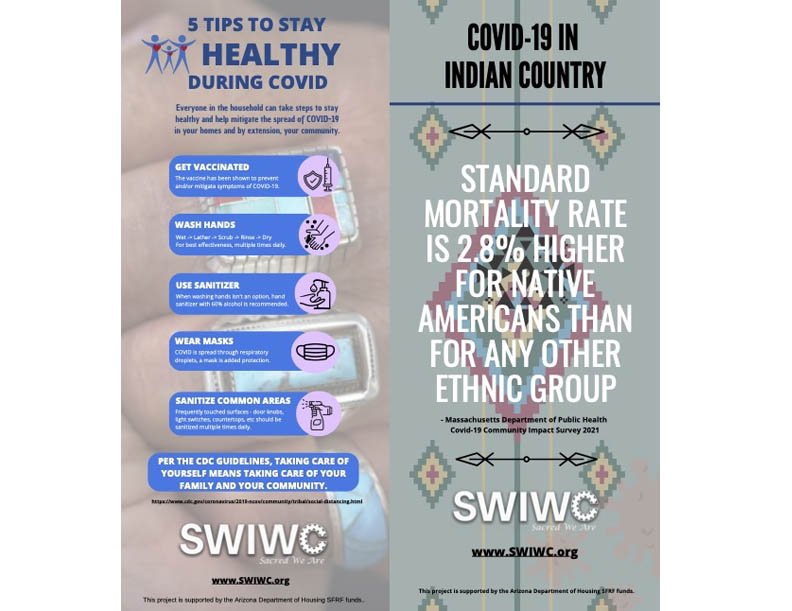Technical Assistance
Technical assistance (TA) services are tailored specifically to meet the needs of those requesting the service. TA sessions are held onsite from 1-2.5 days and are designed to be hands-on, practical and aimed at increasing the capacity to address and response to domestic violence, sexual assault, stalking, sex trafficking and teen relationship violence (dating violence). TA sessions are provided with the assistance of partners and/or experts who serve as faculty and may involve a fee for the time and travel expenses of staff and faculty to develop and conduct the TA session.
Training


Training services include a wide range of topics relating to domestic violence, sexual assault, stalking, sex trafficking, teen relationship violence (dating violence) and the missing and murdering of our Indigenous relatives. The length of training varies from a minimum of 4 hours to 1-3 days depending on the level of need and are provided with the assistance of partners and/or subject matter experts who serve as SWIWC faculty.
Trainings are interactive, culturally competent, and based on best practices available. They are offered statewide, regionally or on-site and may involve a fee which includes the expenses related to the time and travel of staff and faculty in developing and providing the training.
Upcoming Trainings
Due to COVID-19 pandemic, all trainings and TA requests will be provided virtually. Please contact SWIWC staff for more information.
Recorded Webinars
SWIWC works to support policy that positively creates change that strengthens the response to domestic and sexual violence in tribal communities. SWIWC does this by bringing together those that create and influence policy and legislation to encourage education, networking, collaboration, and proactive change for increased safety, justice, and healing for survivors of domestic and sexual violence. SWIWC also participates in numerous tribal, state, and federal meetings of task forces, committees, and other subject matter groups that are committed to meaningfully addressing the domestic and sexual violence needs within tribal communities.
Policy Advocacy
SWIWC works to support policy that positively creates change that strengthens the response to domestic and sexual violence in tribal communities. SWIWC does this by bringing together those that create and influence policy and legislation to encourage education, networking, collaboration, and proactive change for increased safety, justice, and healing for survivors of domestic and sexual violence. SWIWC also participates in numerous tribal, state, and federal meetings of task forces, committees, and other subject matter groups that are committed to meaningfully addressing the domestic and sexual violence needs within tribal communities.
Education/Outreach
SWIWC regularly conducts or participates in events that provide the opportunity for education and increased awareness of domestic violence, sexual assault, stalking, teen relationship violence (teen dating violence), sex trafficking and on issues relating to our relatives who are missing or murdered.
Visit our Video Gallery.
SWIWConnections Newsletter
SWIWConnections is SWIWC’s semi-annual newsletter that showcases the news, events, and hard work of Arizona’s Tribal Communities related to domestic violence, sexual assault, stalking, teen relationship violence (teen dating violence), sex trafficking as well as the work being done to bring awareness to our relatives who are missing or murdered.
SWIWC American Rescue Plan Act (ARPA) Domestic & Sexual Violence Response
Purpose: SWIWC recognizes and intends to address the economic hardship and educational disparities in Tribal Communities by creating, in conjunction with Tribal Advocates, DV/SA Programs, Leaders and Community Health Workers a means to support survivors in a variety of ways.
PPE for Programs: This funding will support Tribal DV/SA programs in obtaining personal protective equipment available for staff and shelter residents/program participants.
Financial Assistance: In effort to address the economic hardships, SWIWC obtained funding to help with housing needs of survivors of DV/SA
Educational Disparities: Recognizing the educational disparities of Tribal Communities SWIWC has funding available for survivors with children to support their educational requirements
Community Healing Initiatives: For those families affected by the Pandemic we will support families by creating Circles of Support
Material Support for DV/SA Programs and Survivors
- Cultural Care Packages
- Advocate and Safety Care Packages
- Survivor Safety Care Packages
- Prevention Care Packages
SWIWC ARPA Material Download




